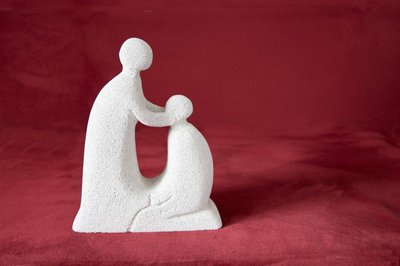Thoughts for the Day
Saturday, 10th June 2023: God be with you!
Prayer Blessing Psalm 20 God Help
Reading : Verses from Psalam 20

The Lord answer you in the day of trouble!
The name of the God of Jacob protect you!
May he send you help from the sanctuary,
and give you support from Zion.
May he remember all your offerings,
and regard with favour your burnt sacrifices.
May he grant you your heart’s desire,
and fulfil all your plans....
May the Lord fulfil all your petitions.
(Lectionary, New Revised Standard Version)
Thoughts
Over the centuries the English language has changed, of course. Many of our words now hide their original Christian meanings. For instance, "A Capella" referring to music sung unaccompanied actually meant “according to the chapel.” While the word "noon" for the afternoon comes from “nine," referring to the prayers said at 3pm (or the 9th hour of the day after sunrise at 6am) which were called “None.” Over time, these prayer were moved to being said at 12pm, and the name "noon" came with them. But perhaps one of the most famous of these lost Christiann sayings is of course "Goodbye" which originally meant "God be with you!"
Many psalms, as with Psalm 20 above, were written for specific reasons. In this case it was for the eve of a battle and blessings are asked of God for the king and his plans. However, as with words that change, over the centuries Christians have used psalms for many reasons - to praise God, to ask forgiveness, or to plead for His help. Today, we might look at Psalm 20 to ask God's blessing on other people - our 'burnt offerings' are our prayers, after all. Try thinking of those you know who need God's blessing at this time, perhaps they are sick, or bereaved, or mentally troubled. Hold them in your mind and re-read the words of Psalm 20 again, asking God's blessing on them.
Prayer
Holy Spirit,
Power of God,
we ask Your blessings
on those whom we think of today.
We remember those who are sick,
or sad, or in trouble,
as well as those unknown to us that need help.
May Your healing power be with them
this day and in the days to come.
Amen.
You might like to look up these other verses